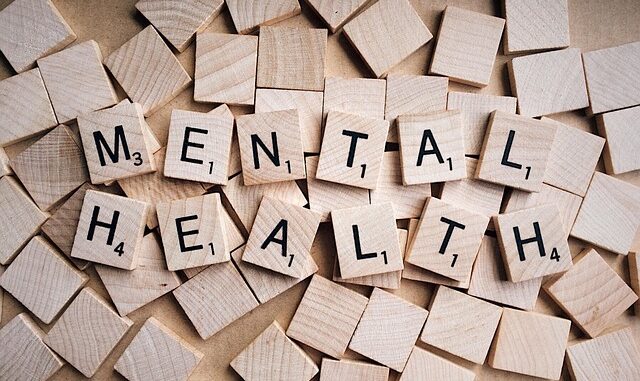
Summary
Federal funding cuts to mental health and addiction services threaten vital programs across the US. These cuts will impact access to treatment, worsen the opioid epidemic, and strain an already fragile system. Advocates and providers urge state and federal officials to restore funding and protect these essential services.
** Main Story**
So, the previous administration’s decision to slash $12 billion in federal funding for public health? Yeah, it’s still causing ripples. It’s tough to ignore the potential consequences, especially for mental health and addiction services.
These cuts really hit at the heart of treatment programs, and honestly, I think we’re looking at the potential for the opioid epidemic to get even worse, or at least undo some good work that’s been done in recent years.
Providers and advocates are rightly raising alarm bells. They’re talking about a very real possibility of increased overdoses and fewer people getting the care they need. And you know, the system is already stretched thin as it is. Can you imagine it with even less support? I can, and it doesn’t look pretty.
Cuts Undermine Addiction Treatment Efforts
That $1 billion taken from the Substance Abuse and Mental Health Services Administration (SAMHSA)? That’s not just a number; it’s a direct hit to crucial services for people fighting addiction. Think about the 988 Suicide and Crisis Lifeline, school-based programs, outpatient care, even housing for those in recovery. These things matter, they really do.
And these cuts? They’ll lead to fewer staff, programs shutting down, and ultimately, fewer people getting help. We’re talking about millions of Americans struggling with substance use disorders, and many wont get the help they need.
The timing couldn’t be worse, really. While overdose deaths are down from their highest point, they’re still way too high. We need more support for addiction treatment, not less! It’s like taking away the crutches from someone who’s just starting to walk again. Experts are warning that these cuts could actually undo the progress we’ve made on the opioid crisis, and I think they’re right. A friend of mine works in an addiction clinic, and she says the waiting lists are already insane, what will happen to people if they can’t get treatment?
Impact on Mental Health Services
But it’s not just addiction treatment. The $11 billion cut to the Centers for Disease Control and Prevention (CDC) also impacts mental health services. They often overlap, you know? Programs that address both mental health and addiction treatment are crucial, and these cuts restrict access to mental health care, leaving many without the support they need. It’s a domino effect, really.
These cuts will really hurt in places like New York, which lost over $300 million in funding. That money went straight to the Department of Health, the Office of Mental Health, and the Office of Addiction Support and Services. That’s jobs, services, and ultimately, people’s lives. We’re looking at potentially devastating consequences for individuals and communities across the whole country.
A Call to Action
What can we do about this? That’s the million-dollar question, isn’t it? Advocates and providers are pushing officials to restore the funding, but it’s an uphill battle. They argue that cutting these services will only make the opioid epidemic worse, drive up healthcare costs, and put even more strain on the system. It’s like they’re trying to put out a fire with a garden hose full of holes.
Some states are taking legal action, challenging the cuts in court to try and get the funding back. It’s a long shot, maybe, but it’s something.
In the meantime, if you’re struggling with addiction or mental health issues, please, seek help. I know that can feel hard, but resources are still out there. Local health departments, community organizations, support groups…they’re all there. You don’t have to go through this alone. The fight for adequate funding is far from over, and it’s important that people still look for the support they need in this difficult time. This really is a situation where every little bit matters. I really do think that, and if you think so to, let the people in charge know what you think.


Be the first to comment